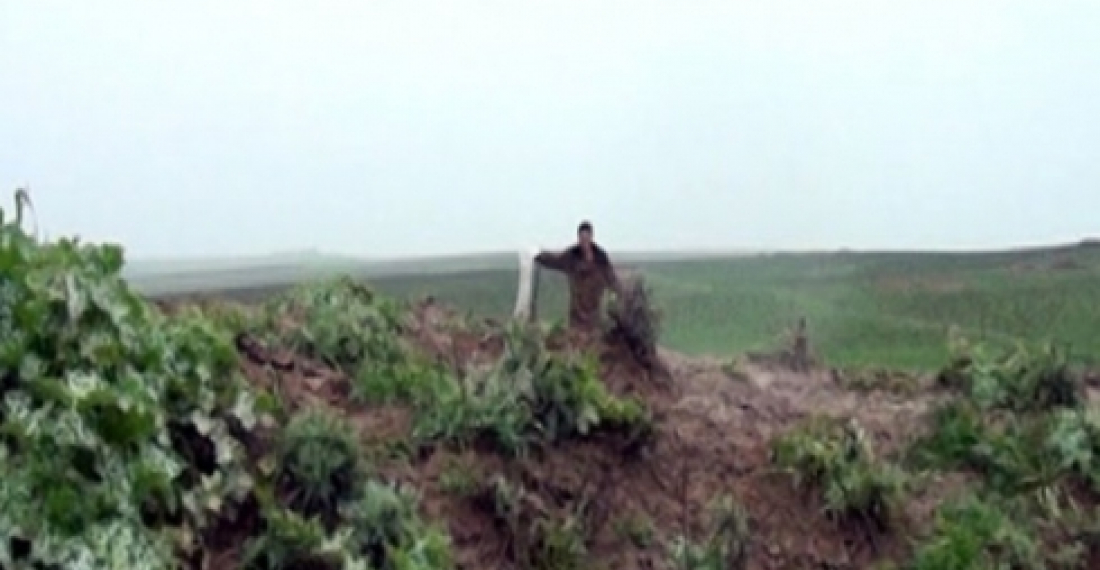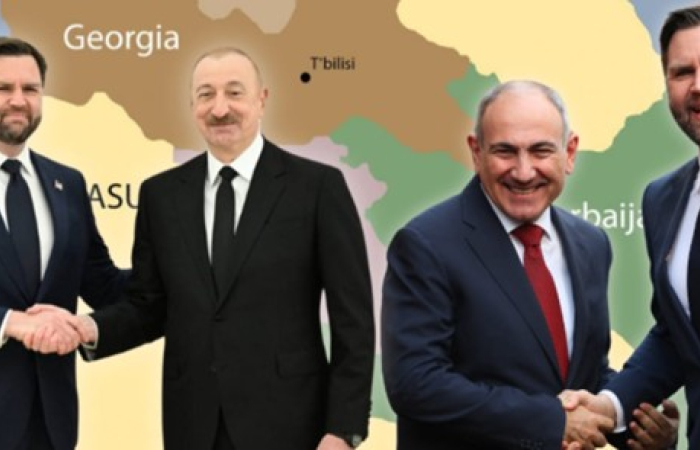Azerbaijan has accused Armenia of cease fire violations overnight, and says that Armenian forces used 60-mm and 80-mm mortars and large-caliber machine guns. TREND News agency quoted the Azerbaijani Ministry of Defence as saying that Azerbaijani forces responded by firing back with similar weapons. Azerbaijan said that it had suffered no casualties during the incident. It is not possible to verify the information and there has been no comment yet from the Armenian side.
In the meantime Azerbaijan yesterday said that one Armenian soldier had crossed the line of contact and asked to defect to Azerbaijan. A video of the soldier crossing the line of contact with a white flag, and a subsequent video showing him explaining that he had decided to cross over because he did not want to die in the senseless fighting was released by the Azerbaijani Ministry of Defence. Armenian official sources dismissed the first video as a fake and said that in the second video the soldier was speaking under duress.
source: commonspace.eu with agencies.
photo: Picture of Armenian soldier Andranijk Grigorian who the Azerbaijani Ministry of Defence says crossed over to the Azerbaijani side on 23 March 2015. Armenia has dismissed the picture as a fake. (photo courtesy of APA News Agency/Azerbaijan MOD).







